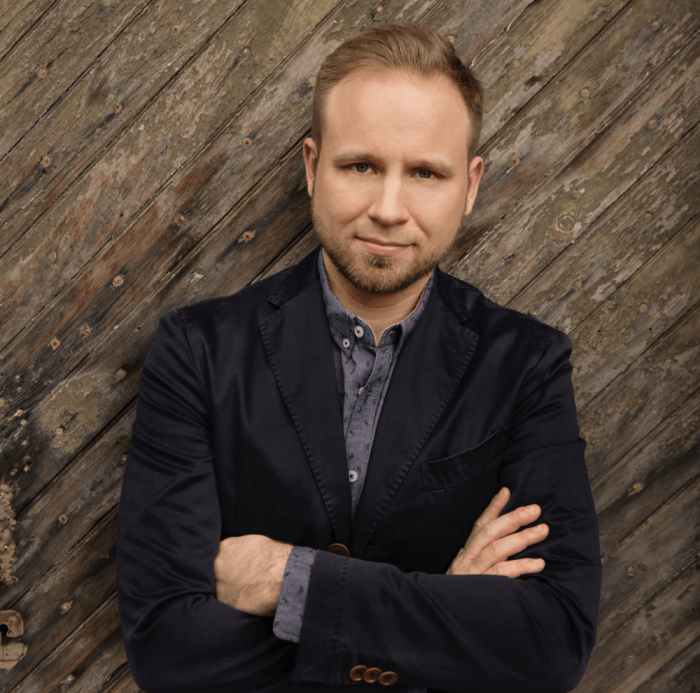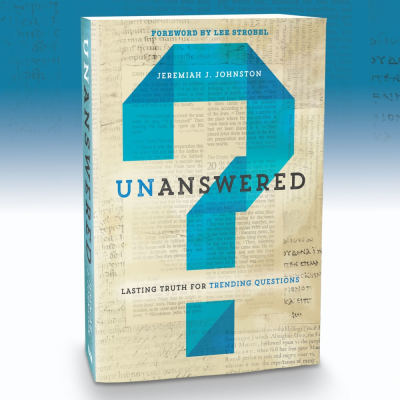Many Christians Know 'Just Enough About the Bible to Be Dangerous,' Apologist Jeremiah Johnston Warns

Even one of the nation's most well-known megachurch pastors, Lakewood Church Pastor Joel Osteen, has been accused of dumbing down the Bible.
Osteen recently came under fire for his tendency to avoid preaching about Hell, The Christian Post previously reported. The pastor believes that by not preaching "hellfire and brimstone" messages, he's giving believers a break. "Most people are beaten down enough by life," he said. "They already feel guilty enough."
But watering down the Bible would be a mistake, since believers sincerely want to be challenged, said Johnston.
"People want to be challenged. They want to know more about why they believe that Jesus is the only way, and why they live their life for Christ," the Bible scholar told CP. "We need to quit dumbing it down. We need to quit insulting the intellingence of our Church. We need to stop it because the Church wants to be challenged to have a thinking faith. A holistic faith."

Johnston added that when some televangelists reference the Bible during sermons it is often in short fragments, void of context, and usually the text is visually displayed for churchgoers so they don't have to have a Bible, let alone open one — making many Christians all the more removed from the Word of God. So removed that they might begin to lose their appreciation for it, taking the sacred volume for granted, forgetting that its preservation throughout the centuries came with a heavy price.
"Christians don't appreciate how they even have the Bible sitting on their laps — an amazing tale of heroism and bloodshed. … When you think about for 300 years these Christians were willing to die with their biblical manuscripts rather than turn them over. Today we think we're doing God a favor to barely crack the Bible."
That observation is especially true for some American Christians whose appreciation for the Gospel is waning due to an unnurtured relationship with Christ, while other Christians around the globe cling to their faith amid persecution for their religious convictions.
In China, for example, the Communist Party launched a campaign in 2014 to demolish the crosses of Protestant and Roman Catholic churches in the Zhejiang province, claiming they were in violation of zoning restrictions on building heights. It is alleged, however, that the real objective of the effort is to discourage the rise of Christianity in the country. Chinese Christians rail against the destruction of their crosses, often resulting in them being beaten, bloodied and imprisoned.
Those abuses, however, are relatively mild compared to the atrocities committed daily against countless Christians in many Middle Eastern and Asian countries. The murder, rape and abduction of Christians in Syria, Iraq, Afghanistan, and Pakistan at the hands of the Islamic State and other terror groups has recently been declared by the U.S. government as genocide.
While many American Christians don't read the Bible as often as they should, some non-believers, ironically, don't hesitate to put the sacred text to good use, Johnston said. Archaeologists are primary among them. They see the Bible's value and veracity, and put it to work.
"If you don't use the Gospels, the archaeologists will in Israel. These archaeologists, by and large many of them are atheists, but they are quite willing to use the Gospels and the book of Acts at their archaeological digs, and that's significant because these digs are very expensive," he said. "They better have that spot right when they're digging in the ground with stratigraphy. And what sources are they using? Matthew, Mark, Luke, John and Acts. I think that's a powerful apologetic for the Gospels."




























